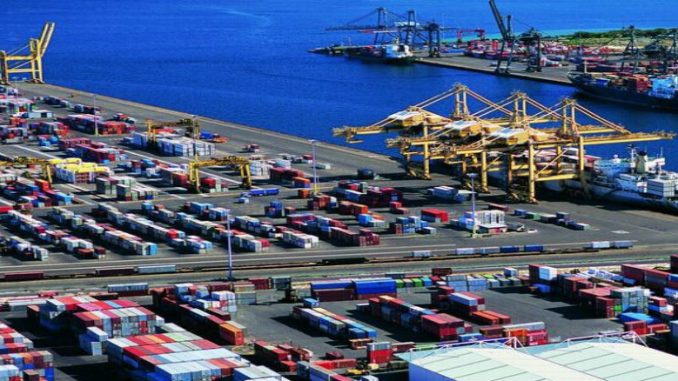
The Goldman Sachs bank expects a surplus in foreign financing to Egypt worth US$26.5 billion over the next four years, compared to previous expectations of a deficit of $13 billion, as a result of anticipated financing from the International Monetary Fund (IMF) and other partners following the investments achieved from the Ras al-Hikma deal.
In a research note, the bank expects the current account deficit to widen as imports rise at a faster pace with the availability of the dollar – only partially offset by an increase in remittances from Egyptians abroad.
Asharq Business quoted the bank as saying: “We expect the deficit to expand to 2.5 percent of GDP by the end of this year.”
Its expectations indicate that Egypt will receive financing from the IMF and other partners worth five billion dollars only in 2024, the same amount in 2025, four billion dollars in 2026, and three billion dollars in 2027 for a total of $17 billion – the value of the IMF and World Bank loans and European financing.
According to the data contained in the memorandum issued by the bank, Egypt’s foreign exchange reserves are expected to rise at a strong pace, reaching approximately $50 billion by the end of this year before rising to roughly $61 billion in 2027.
Goldman Sachs expects that the value of direct foreign investments in Egypt during the current year would jump to $33 billion from $9.3 billion last year.
It also anticipates that it will “rise faster than we expected with the stabilization of the overall economic situation and the recovery of investment in new projects.”
Goldman Sachs further expects foreign direct investments to reach $12.9 billion next year, $15.7 billion in 2026, and $23.6 billion in 2027.
Regarding remittances from Egyptians abroad, Goldman Sachs expects a gradual return to remittances to reach a little less than $30 billion by the end of 2027.
It added that they may accelerate in a way that compensates for much of the widening trade deficit in light of the devaluation of the Egyptian pound greater than expected, and the raising of interest rates and stronger growth expectations.




